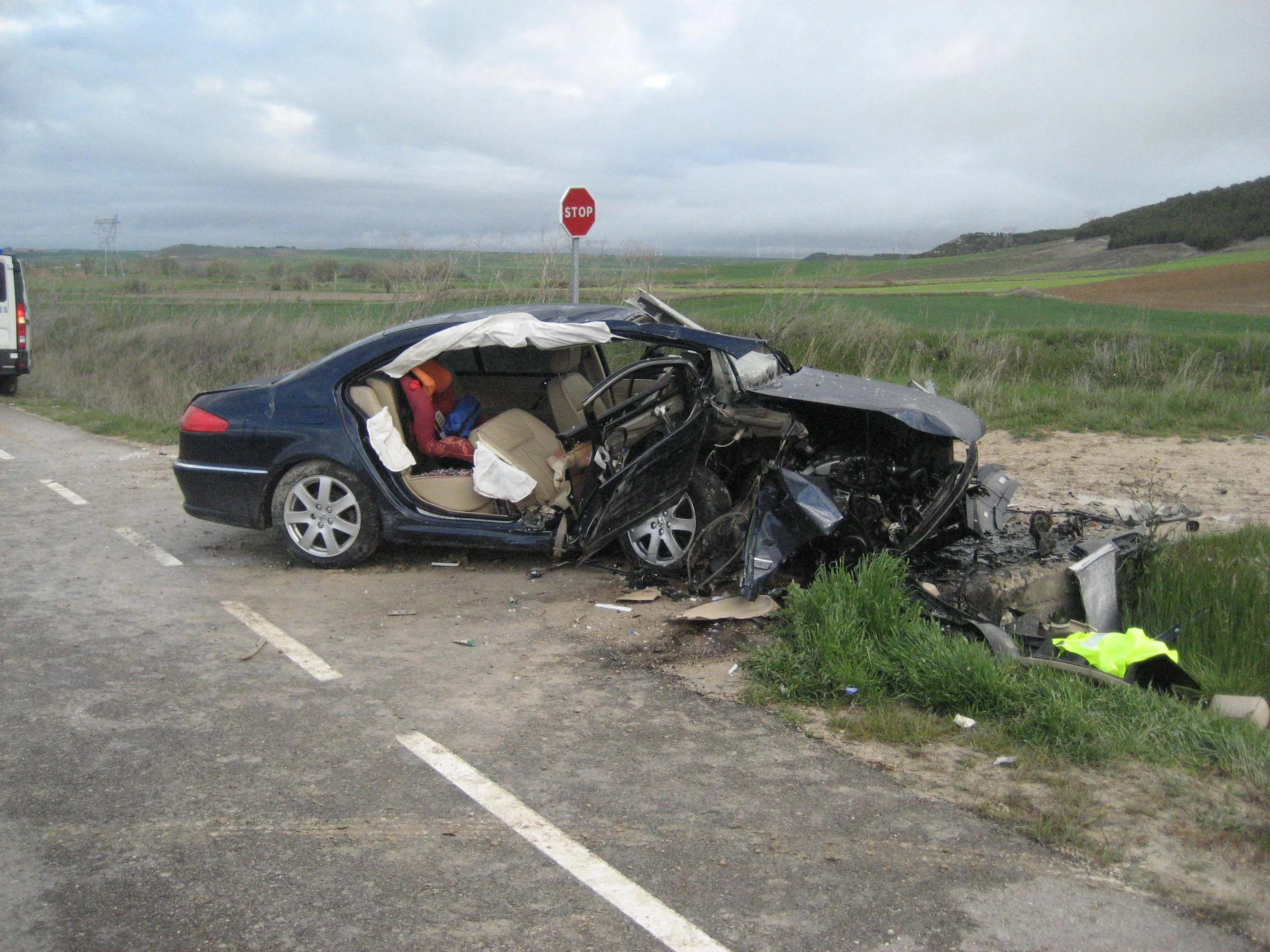A group has united with a common aim, that roads must be maintained to save lives and money. The European Commission and national governments are being called upon to step‐up road maintenance standards by organisations, which represent consumers, road and vehicle industries, and safety bodies. The group comprises the Féderation International de l'Automobile (FIA), the European Road Federation (ERF), the International Road Transport Union (IRU) and the European Automobile Manufacturers’ Association (ACEA), a
November 27, 2013
Read time: 3 mins
A group has united with a common aim, that roads must be maintained to save lives and money. The 2465 European Commission and national governments are being called upon to step‐up road maintenance standards by organisations, which represent consumers, road and vehicle industries, and safety bodies. The group comprises the Féderation International de l'Automobile (FIA), the 1202 European Road Federation (ERF), the 1203 International Road Transport Union (IRU) and the European Automobile Manufacturers’ Association (6181 ACEA), as well as safety organisations 1200 EuroRAP and Euro 1199 NCAP. The group has published a joint statement about road maintenance, with EuroRAP and Euro NCAP publishing a study 'Roads that cars can read.' The report points out that inadequate maintenance and differences in road markings and traffic signs are now a major obstacle to the effective use of technology in vehicles, such as lane departure warning and traffic sign recognition. “Roads that are not regularly maintained cost many times more to repair and reconstruct. They result in avoidable death, bodily injury and damage, and fail to provide the connectivity on which jobs, the economy and society depend," caution the organisations in the statement which was issued at FIA's event, 'Developing safe, efficient and connected mobility.
The organisations called on EU member states to maintain road infrastructure, keeping it safe and fit for its modern purpose. According to the group, "Throughout Europe, the declining condition of our roads has become a matter of deep concern. The failure to maintain the value of this fundamental asset underpinning the entire European economy and society brings costs that everyone will pay in higher taxes, higher motor and health insurance, and fewer jobs. Failure to manage the financing of proper road maintenance is a failure of good government.”
The group also said, “This failure is not only putting drivers at risk, but also the effective operation of future vehicle safety technologies in which European companies and institutions have invested billions. Improved vehicle safety has been the single most important reason that road deaths have fallen in the last decade in many countries. There must now be concerted action on safe roads, safe vehicles and safe driving to move the 300,000 annual deaths and serious injuries and 2% loss of GDP in Europe towards zero, in line with Europe’s declared long‐term vision.”
The organisations called on EU member states to maintain road infrastructure, keeping it safe and fit for its modern purpose. According to the group, "Throughout Europe, the declining condition of our roads has become a matter of deep concern. The failure to maintain the value of this fundamental asset underpinning the entire European economy and society brings costs that everyone will pay in higher taxes, higher motor and health insurance, and fewer jobs. Failure to manage the financing of proper road maintenance is a failure of good government.”
The group also said, “This failure is not only putting drivers at risk, but also the effective operation of future vehicle safety technologies in which European companies and institutions have invested billions. Improved vehicle safety has been the single most important reason that road deaths have fallen in the last decade in many countries. There must now be concerted action on safe roads, safe vehicles and safe driving to move the 300,000 annual deaths and serious injuries and 2% loss of GDP in Europe towards zero, in line with Europe’s declared long‐term vision.”








